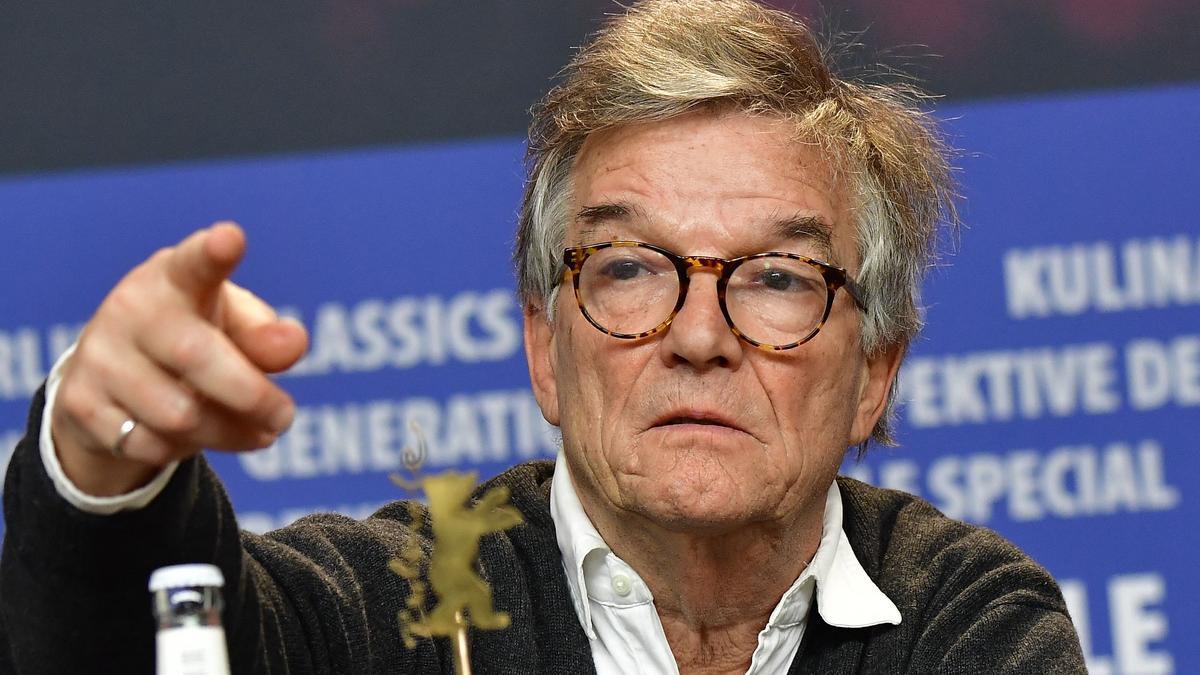
A leading figure in the French film industry, director Benoît Jacquot, has been handed preliminary charges of rape, sexual assault, and violence by a judge in France. The Paris prosecutor’s office announced these charges on Thursday, highlighting a significant moment in the ongoing #MeToo movement within French cinema and beyond. This development marks Jacquot as one of the most high-profile personalities to be implicated in the movement’s belated reckoning of sexual violence and physical abuse in the industry.
Judith Godrèche, a French actor, has taken a pivotal role in igniting this wave of accountability. She publicly accused Jacquot of rape and physical abuse during a six-year relationship that began when she was a minor at 14 years old. Her revelations earlier this year provided the impetus needed to encourage other victims within the industry to come forward, turning a tide that had previously struggled to gain momentum.
The Paris prosecutor’s office stated that Jacquot, who boasts over 50 credits in film and television direction, received a variety of preliminary charges on Wednesday after being detained earlier in the week for police interrogation. Under French law, filing preliminary charges indicates that a magistrate has determined there is significant and accumulating evidence suggesting crimes may have been committed, warranting further investigation before deciding on prosecution.
Isild Le Besco, who has also been vocal about her past relationship with Jacquot, is among the accusers. Le Besco detailed her allegations on French television, in other media outlets, and in her book. She claims that Jacquot raped her during a relationship that began when she was a teenager. The prosecutor’s office mentioned that Jacquot faced charges related to the alleged rape of Le Besco when she was a minor, spanning from 1998 to 2000. Additionally, Jacquot was named as an “assisted witness,” a special status in French law, for another alleged rape of Le Besco by a partner over a 10-month period in 2007.
Another actor, whose identity hasn’t been publicly confirmed, is listed as a victim in the Paris prosecutor’s office’s statement. Margot Pugliese, the actor’s lawyer, hasn’t yet responded to media inquiries about the allegations.
. The charges against Jacquot include the alleged rape of this actor over a one-year period in 2013 during their relationship, continuing to alleged sexual assault in 2018 and allegations of violence in 2018 and 2019. Jacquot was also listed as an assisted witness for the alleged rape of the actor by a partner from 2014 to 2018.
The gravity of these charges has led to severe restrictions imposed on Jacquot. He remains free pending further investigation but has been ordered to undergo psychological treatment. He is prohibited from contacting the alleged victims and witnesses and barred from working as a director or in any professional capacity involving minors. He must also pay a bail sum of 25,000 euros (approximately $27,000).
In response to the charges, Jacquot, 77, has consistently denied any allegations against him. His lawyer, Julia Minkowski, criticized the media’s handling of the case, asserting that the investigation’s embryonic stage makes it premature to bring it before an investigating judge. Minkowski emphasized that Jacquot was not given access to the evidence during police questioning, which she argued undermines the presumption of innocence. She condemned the professional restrictions placed on Jacquot, describing them as unjust and disproportionate ahead of any judicial judgment.
The unfolding scandal within French cinema also involves another prominent director, Jacques Doillon, who was questioned by police but subsequently released due to medical reasons. Godrèche has accused Doillon of sexually abusing her during the making of a film when she was 15 years old, an allegation he has denied.
As the French film industry grapples with these revelations, the #MeToo movement gains further traction, encouraging more victims to come forward and challenge the longstanding culture of silence around sexual violence and abuse. The ongoing investigations promise to shed more light on the prevalence of these issues within the industry, echoing a global call for justice and accountability.












